Grow It For A Good Cause: Why Movember Matters In Ireland
Movember in Ireland: Why It Matters and How to Get Involved
Every November, thousands of men across Ireland grow moustaches for a cause that truly matters. It’s not just a fun challenge — it’s Movember, the global movement changing the face of men’s health.
At Bodyfirst Nutrition, we’re all about feeling good, fuelling well, and looking after yourself — and that includes your mental and physical wellbeing. So this month, we’re joining the movement to raise awareness for men’s health, one moustache at a time.
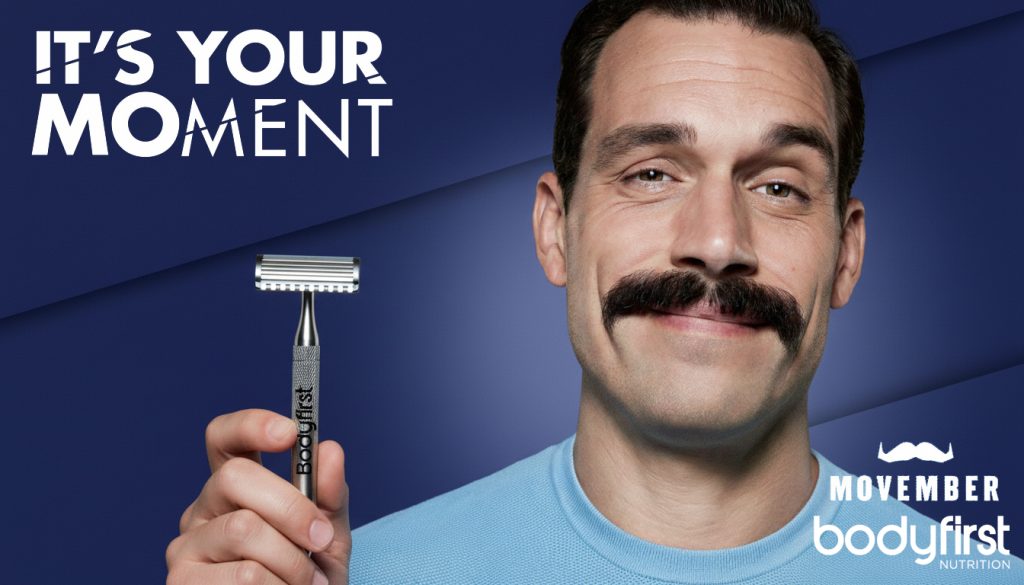
The Story Behind Movember
Movember started in 2003 when two friends in Australia decided to bring the moustache back — but with meaning.
What began as a fun idea quickly evolved into a global movement supporting men’s mental health, suicide prevention, prostate cancer, and testicular cancer.
Today, Movember is the leading charity dedicated to men’s health, funding projects in more than 20 countries — including Ireland.
Why Movember Matters Here in Ireland
The stats speak for themselves — and they hit close to home:
-
1 in 8 Irish men will be diagnosed with prostate cancer in their lifetime.
-
Suicide remains the leading cause of death among Irish men under 50.
-
Many men still find it hard to open up about their health or emotions.
Movember isn’t just about growing a moustache — it’s about starting conversations that can save lives.
The Key Rules of Movember
Thinking of growing a Mo? Here are the official Movember rules — simple, fun, and totally doable:
1. Start Clean-Shaven on November 1st
Begin the month with a clean slate (and a clean face).
2. Grow & Groom with Pride
Let your moustache flourish, but keep it neat — no beards, no goatees, just Mo.
3. Keep It Real
No fake moustaches — it’s about genuine growth and genuine impact.
4. Talk About It
Your moustache is a conversation starter. Use it to spread awareness about men’s health.
5. Raise Funds & Awareness
Sign up and start a fundraising page at ie.movember.com. Every euro goes toward vital men’s health projects.
6. Have Fun & Celebrate
Movember is about community, not competition. Share the laughs, selfies, and support.

How to Get Involved
There’s more than one way to make a difference — and you don’t need facial hair to join in!
- Grow a Mo:
Shave down on November 1st and let your moustache do the talking for 30 days. - Move for Movember:
Run, walk, or train for 60 km over the month — representing the 60 men we lose globally every hour to suicide. - Host a Mo-Ment:
Get your gym buddies or workmates together for a fundraising workout, walk, or coffee morning.
Donate or Support Someone Fundraising:
You can get involved or donate directly at ie.movember.com
Our Challenge to You
This month, challenge yourself — in or out of the gym.
Lift heavier. Run farther. Check in with a mate.
And if you’re rocking a moustache, tag us @bodyfirstnutrition — we’ll share your progress!
Fuel for Your Mo
Keep your training strong through Movember with:
-
Bodyfirst Whey Protein – your post-workout recovery essential
-
Creatine Monohydrate – for strength and power
-
Hydration & Electrolytes – stay sharp through every session
Shop the full range at bodyfirst.ie and keep your energy up while you raise awareness.
Remember the Message
Movember isn’t just about the moustache — it’s about men’s mental and physical health.
Let’s open up more, support each other, and make sure the conversation doesn’t stop at the end of the month.
Grow it. Show it. Talk about it.
Fuel your best this Movember with Bodyfirst Nutrition.
-> Join or donate at ie.movember.com
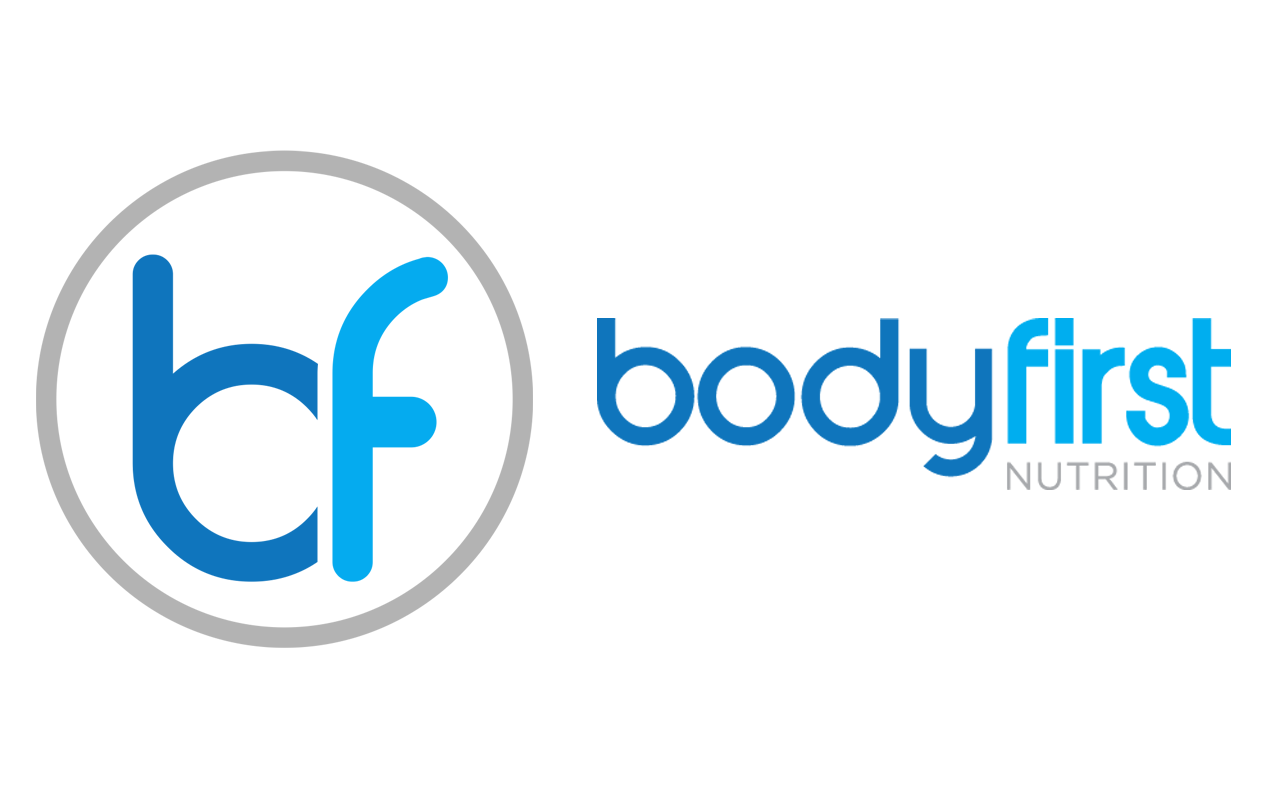

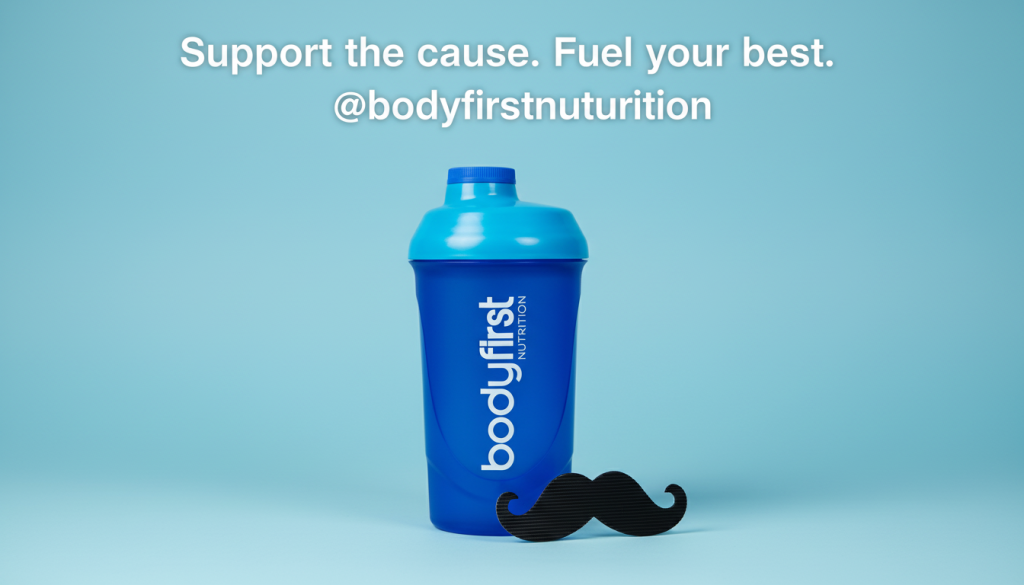

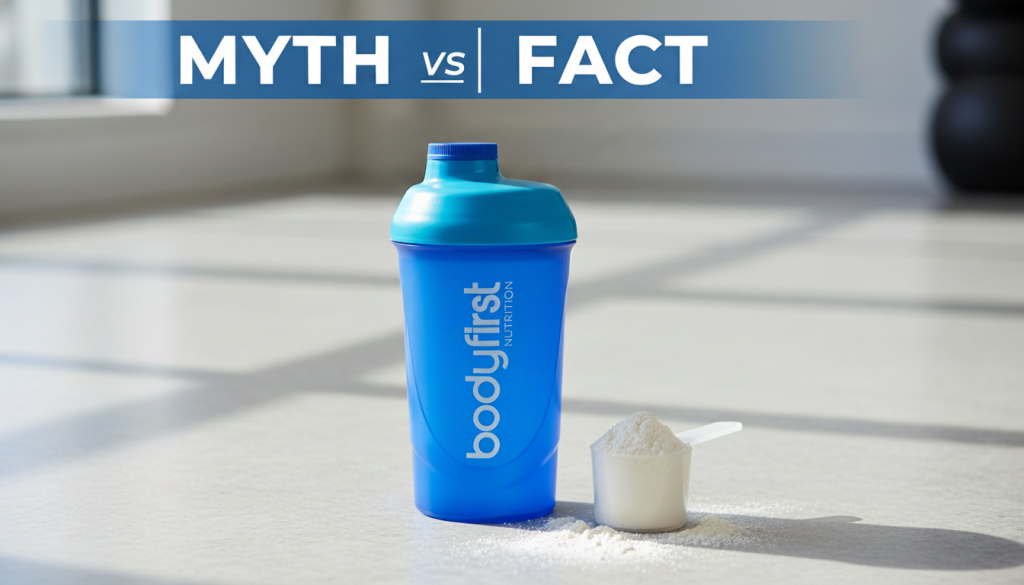
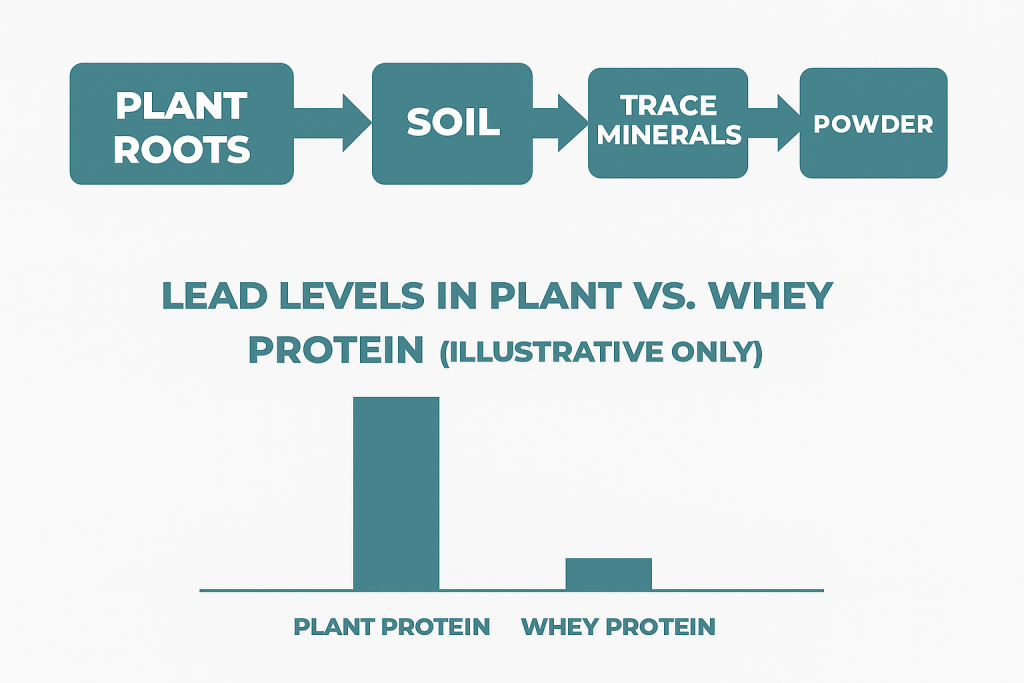
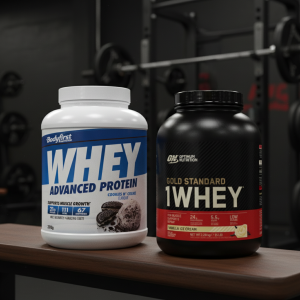
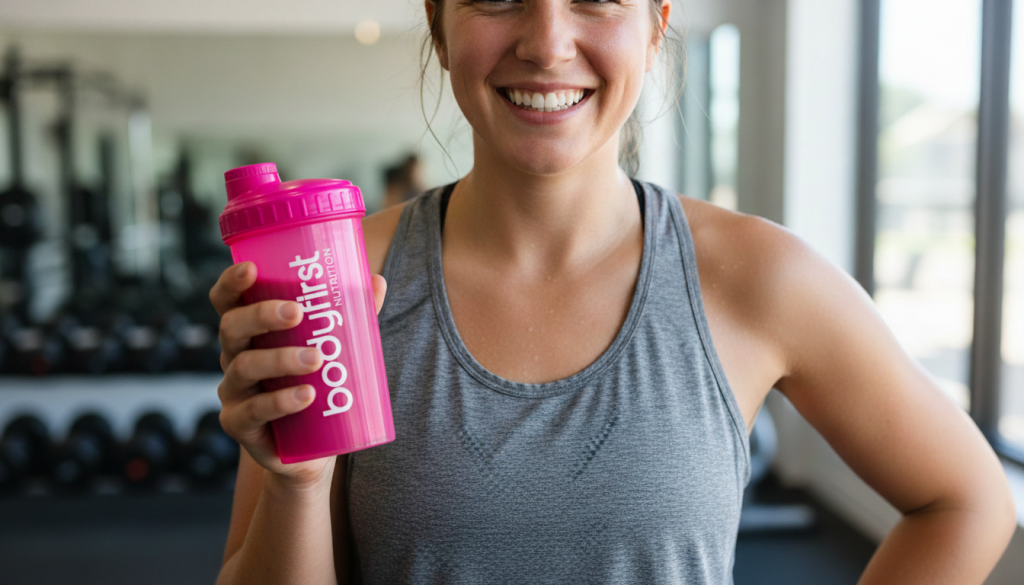


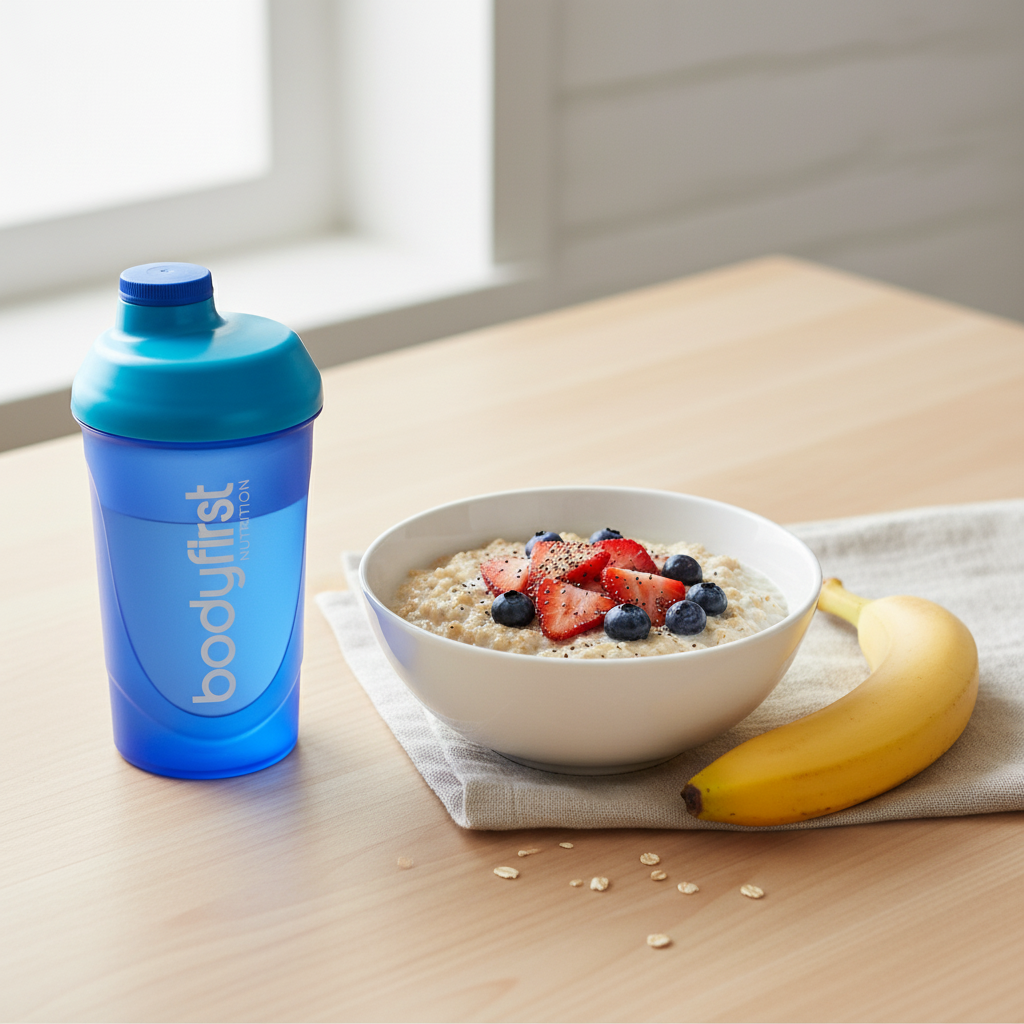





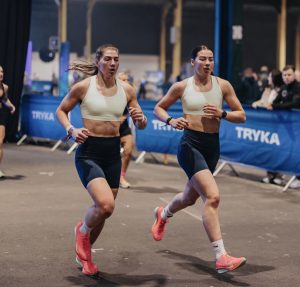


 Crack Open the Power! Why Eggs Are the Real MVP of Nutrition (Happy World Egg Day!)
Crack Open the Power! Why Eggs Are the Real MVP of Nutrition (Happy World Egg Day!)
 1. A Little Egg, A Lot of Nutrients
1. A Little Egg, A Lot of Nutrients 2. Protein Powerhouse
2. Protein Powerhouse 3. Heart-Healthy and Delicious
3. Heart-Healthy and Delicious 4. Perfect for All Ages
4. Perfect for All Ages
 5. Eggs Go With Everything
5. Eggs Go With Everything 6. A Global Favorite
6. A Global Favorite